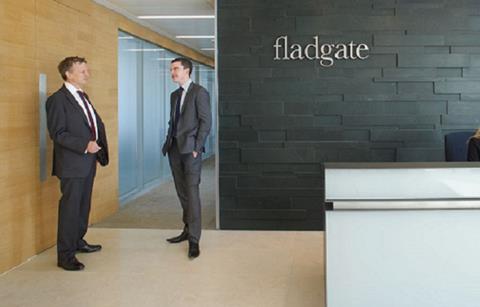
Law firm Fladgate has introduced a walk-to-work scheme to support the wellbeing and physical health of its 278 employees during the Covid-19 (Coronavirus) pandemic.
With many employees apprehensive about their return to the office due to being in close proximity with people on public transport during the pandemic, in June 2020 the organisation launched a new scheme through the Yulife app, which rewards employees for using alternative transport to work over conventional methods.
Fladgate first implemented the app for employees in June 2019 to promote wellbeing and a healthy lifestyle. This complemented its wellbeing strategy introduced in 2017, which commits to support the physical, mental, and financial health, and social wellbeing of employees all year round. This includes one-to-one counselling sessions, and yoga and meditation classes.
Clare Jones, head of HR at Fladgate, says: “Recognising how motivational everyone found these initiatives, in 2019 we sought to take our wellbeing programme to the next stage: offer something ‘different’.”
Employees that chose the walk-to-work option received Yulife coins that they were able to spend on Amazon or Asos vouchers; 47% of employees took up this challenge.
“We saw the benefits of the initiative and we believe that this may have a long lasting impact on the workforce," said Jones. "The scheme set out to drive engagement and physical activity, and through looking at our statistics, the challenge has done just that.”
The walk-to-work scheme resulted in employees collectively walking 314,569,924 steps between June and August 2020, and earning over 4,659,812 Yucoin points in total.
To further encourage employees to adopt a new way of commuting to work, Fladgate used a leaderboard feature to see how many employees took up the walk-to-work challenge. It is continuing to track employees' steps and physical activity, updating staff on a three-monthly basis, despite returning to a remote-working policy for the foreseeable future in September 2020.































